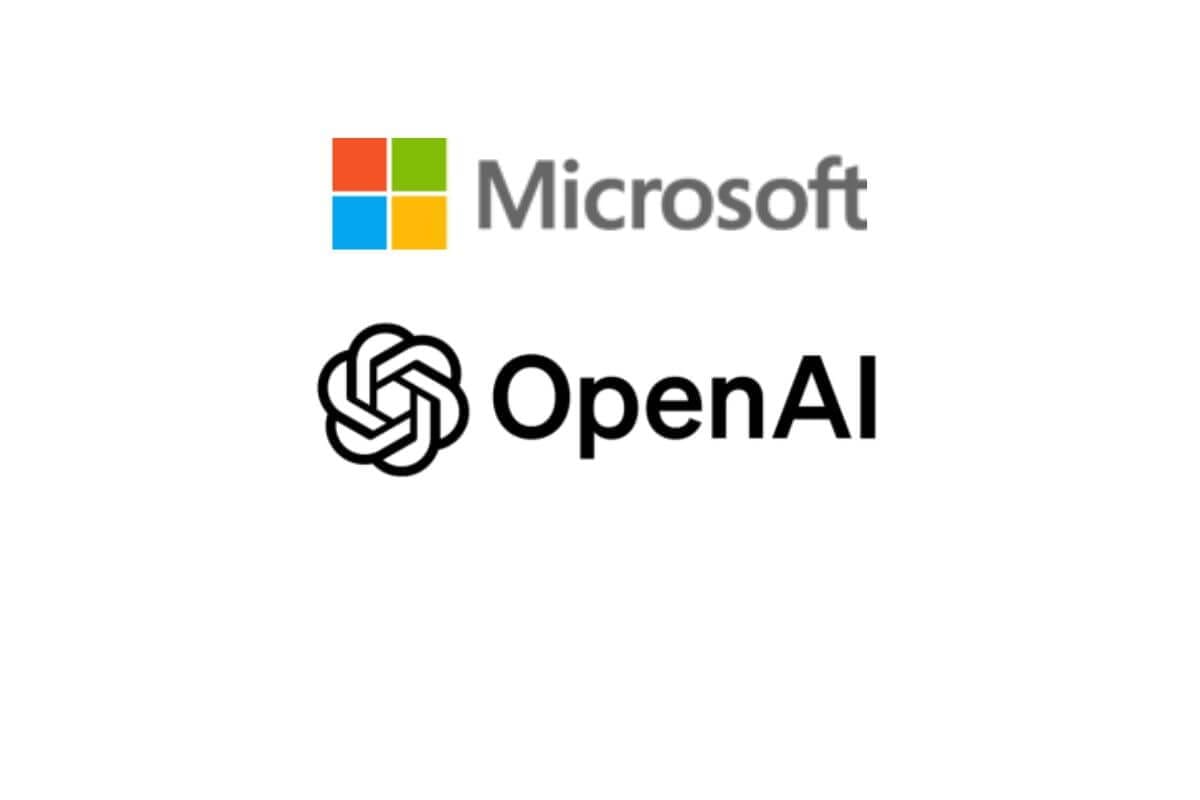
OpenAI CEO Sam Altman revealed on Sunday that the company is currently losing money on its USD 200-per-month ChatGPT Pro subscription plan because people are using it more than the company expected.
"We are currently losing money on OpenAI Pro subscriptions! People use it much more than we expected," Sam Altman posted on X on January 6, 2025.
"I personally chose the price," Altman wrote in a series of posts, "and thought we would make some money."
Also Read: OpenAI CEO Sam Altman Confident in Trump’s Support for AI
ChatGPT Pro Plan
The ChatGPT Pro Plan costs USD 200 per month and offers the highest level of access. As of this writing, the subscription includes access to o1, o1-mini, GPT-4o, and advanced voice (audio only). Subscribers also benefit from o1 Pro mode, which uses more compute resources to deliver the best answers to the hardest questions. Additionally, the plan provides extended access to Sora video generation.
There are two other tiers available: the Free plan and the Plus plan, which costs USD 20 per month and offers limited access to o1 and o1-mini.
Despite recent funding and high valuations, OpenAI is not yet profitable. The company faces significant expenditures, including costs related to data centers, AI infrastructure, staffing, and office rent, among others, to keep its services operational.
Also Read: OpenAI Raises USD 6.6 Billion to Accelerate AI Research and Expansion
OpenAI's Vision: Superintelligence
OpenAI aims to develop superintelligence—AI systems with cognitive abilities far surpassing human capabilities in every domain.
"We believe that, in 2025, we may see the first AI agents 'join the workforce' and materially change the output of companies," Sam Altman wrote. "We continue to believe that iteratively putting great tools in the hands of people leads to great, broadly-distributed outcomes."
He added, "We are beginning to turn our aim beyond that, to superintelligence in the true sense of the word. We love our current products, but we are here for the glorious future. With superintelligence, we can do anything else. Superintelligent tools could massively accelerate scientific discovery and innovation well beyond what we are capable of doing on our own, and in turn, massively increase abundance and prosperity."
Altman acknowledged that superintelligence might sound like science fiction but expressed confidence that, in the coming years, its potential will become evident. "We're pretty confident that in the next few years, everyone will see what we see, and that the need to act with great care, while still maximising broad benefit and empowerment, is so important. Given the possibilities of our work, OpenAI cannot be a normal company."
Also Read: OpenAI Announcements in December 2024: From ChatGPT Pro to Sora
Reflections on ChatGPT's Journey
In a blog post titled Reflections, Altman also looked back on the journey of ChatGPT. "In 2022, OpenAI was a quiet research lab working on something temporarily called 'Chat With GPT-3.5'," he wrote, adding, "We ended up mercifully calling it ChatGPT instead, and launched it on November 30th of 2022."
He described how the project has now "transitioned into the next paradigm of models that can do complex reasoning," marking a shift toward Artificial General Intelligence (AGI).
Altman also addressed past challenges, including his removal from OpenAI's board. "A little over a year ago, on one particular Friday, the main thing that had gone wrong that day was that I got fired by surprise on a video call, and then right after we hung up the board published a blog post about it. I was in a hotel room in Las Vegas. It felt, to a degree that is almost impossible to explain, like a dream gone wrong."
Also Read: OpenAI Targets 1 Billion Users by 2025 with AI Innovations and Apple Partnership: Report
He described the incident as a "big failure of governance by well-meaning people," acknowledging his own role in the situation.















